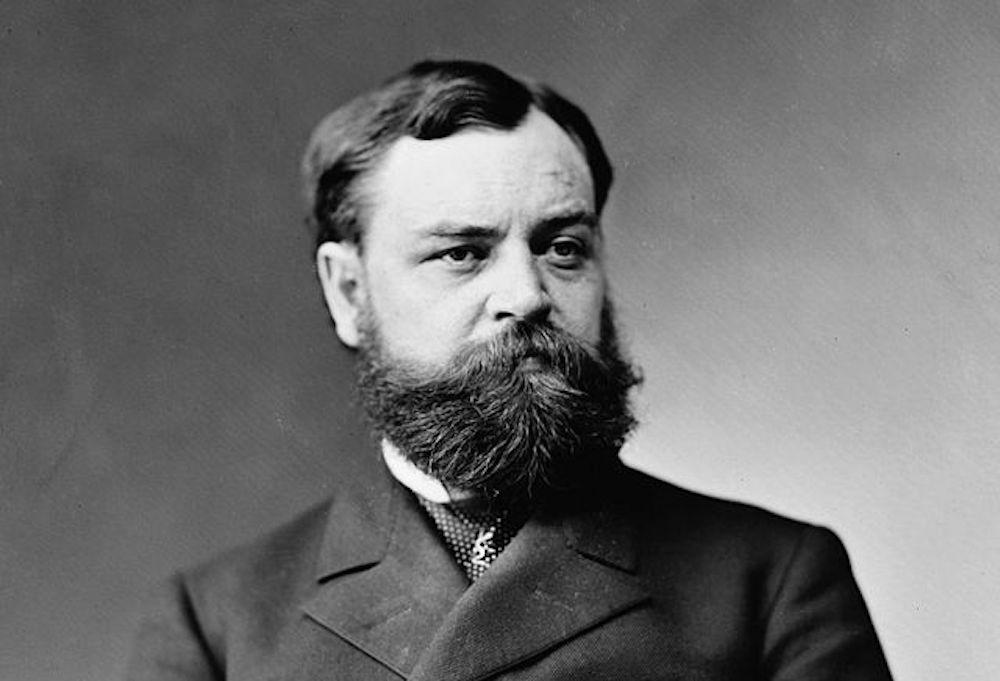
The eldest son of the 16th U.S. President, Robert Todd Lincoln was an American statesman, diplomat, businessman, lawyer, and briefly a union captain during the Civil War. Lincoln was in his early 20s when his father was assassinated, and he vowed to carry on the family legacy. In his later years, Lincoln served as the Secretary of War in the administration of President James A. Garfield—and remained at that cabinet post under Chester A. Arthur until 1885. During the Benjamin Harrison administration, Lincoln was appointed as the U.S. Ambassador to London. Mostly, however, he spent his working life as a lawyer and executive in Chicago. Notably, he served as the general counsel of the Pullman Palace Car Company until 1897, when George Pullman died, which led to Lincoln running the company, first as acting executive, and later as president. Additionally, Lincoln was a life-long Republican who was mentioned as a potential candidate for U.S. President during the 1880s. In 1911, he retired, but remained chairman of the board at Pullman, as well as director of several other Chicago-based corporations and financial institutions. Near the end of his life, he deposited his father’s papers in the Library of Congress with the stipulation that they remain sealed for 21 years after his death.
Unlike his famous father, who had little formal education, the younger Lincoln was schooled at Harvard College. He arrived in Cambridge in the fall of 1860, several months before the start of the American Civil War. After his father won the election during his freshman year, a November 16 New York Times article noted that Lincoln had “within the past week, grown vastly in popularity with his fellow students and the townspeople generally.”
At Harvard, he studied the standard curriculum of his time, as there were no college “majors” then, taking classes in a wide range of subjects, including elocution, forensics, Greek, physics, and political economy, among others. On top of his studies, Lincoln was a member of the Hasty Pudding Club and the Delta Kappa Epsilon fraternity. Upon graduation from Harvard, in his Class Book of 1864, Lincoln observed, “My life in College has been very pleasant and has had no interruptions. I have studied enough to satisfy myself without being a ‘dig.’”
Afterwards, Lincoln enrolled at Harvard Law School. But following his first semester, he left the program to join the staff of General Ulysses S. Grant as a captain. In 1893, in light of his contributions to the country as a statesman and diplomat, Harvard awarded Lincoln an honorary law degree. Today, the university hosts a large collection of "Lincolniana," which includes a letter from the U.S. President to his son, who was a senior at that time.
